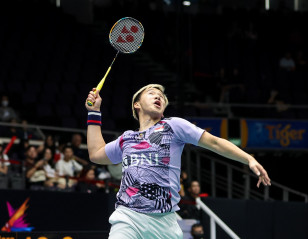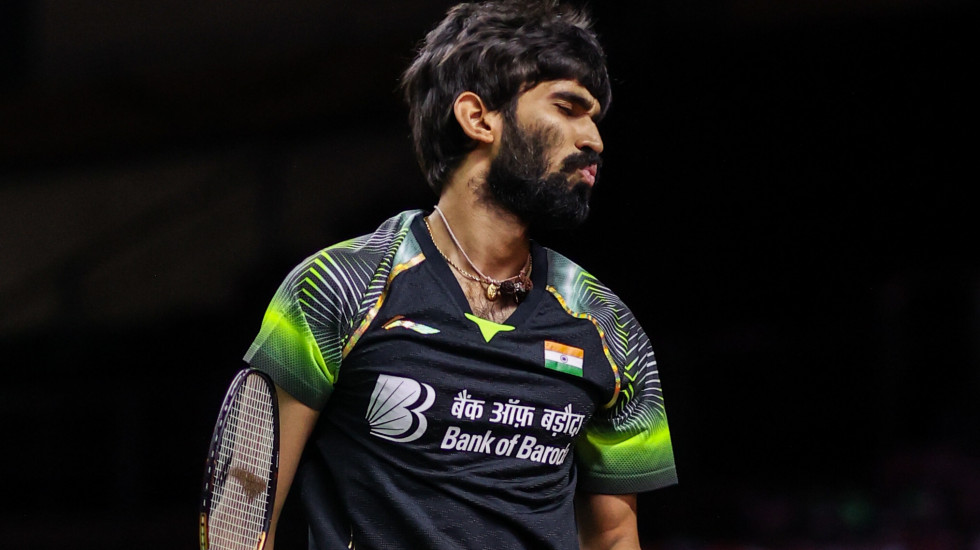
Kidambi Seeking Winning Formula
In 2017, Kidambi Srikanth’s best year when he won four Superseries titles in five finals, he had a peculiar ability to win quickly; but even when the match went three games, he was adept at finishing strongly. That year he won 12 and lost just three of 15 matches that went to three games.
The Indian has not had a year like that since. Indeed, the last couple of years have seen a downward shift in his results, and his ranking – from the high of being No.1 in April 2018 – is now No.14.
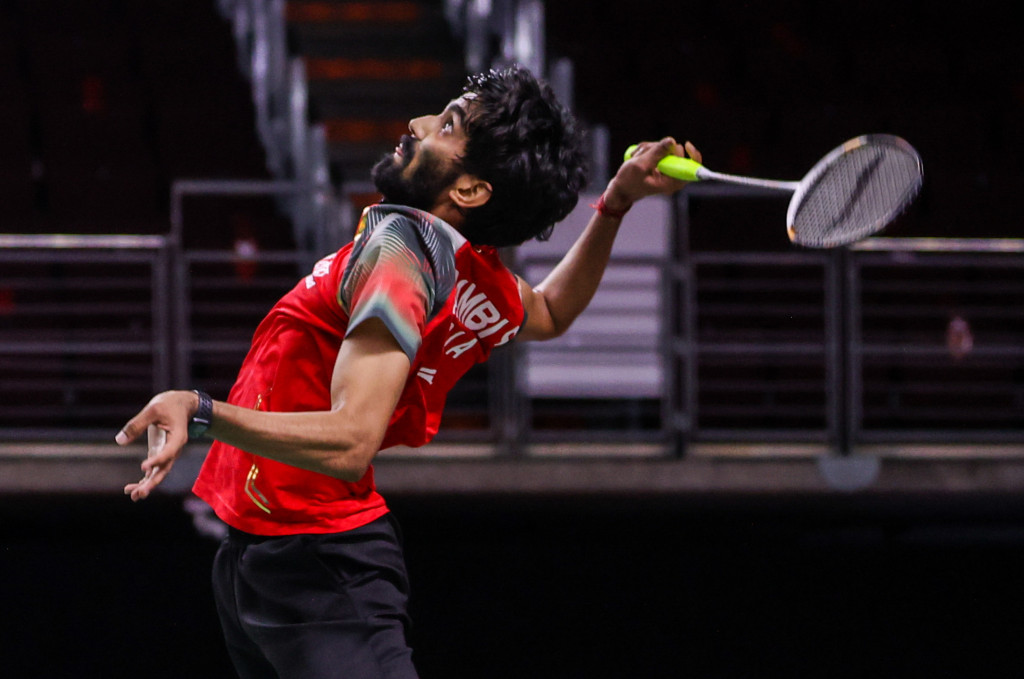
Kidambi was reflecting on his second three-game loss at the HSBC BWF World Tour Finals 2020, struggling to explain just what it was that made the difference in 2017.
“I have to figure out a way to pull out these matches,” he said, referring to closely-contested ones where opportunities come and go in a flash. The best players have a way of sensing and converting those opportunities, winning far more than they lose even when faced with tenacious opponents in long-drawn encounters. Kidambi now is trying to define exactly what it is that’s eluding him.
He almost had Anders Antonsen in the opening match, a 17-16 lead before it slipped out of his grasp. That would’ve been a big win for him, for he hasn’t beaten a top 10 player since Jonatan Christie in March 2019.
Today too, he felt he was in control in the third against Wang Tzu Wei, but the win again slipped by as Wang took it 21-19.
Was it the lack of consistent matches against top 10 players? Or was it the mistakes he said he was making late in the match? Mental alertness?
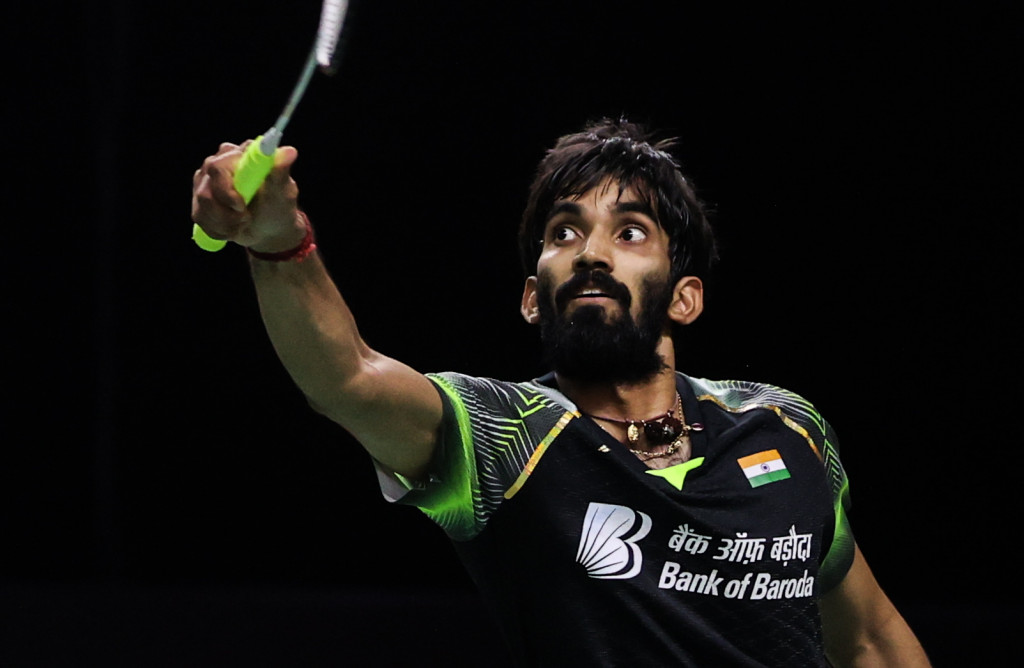
“I think it’s about match practice, playing against top players continuously. We haven’t played for a year, and before that I wasn’t playing against top-eight players continuously. I feel I’m almost there. Yesterday I was there. After 15-all or 16-all it’s a matter of a few points.
“It’s about playing consistent after 16-all, you can’t afford to make mistakes. Today I gave him three points after 15-all. Yesterday the same thing happened.”
It’s probably an issue with confidence, he surmises. “Yes, it’s a matter of pulling out one or two matches against top players. I also think that’s when I’ll know how to pull out matches. Tomorrow I’ll see if I can pull it out.”
To his credit, Kidambi’s level didn’t look too far off from where he was in 2017. The quick darting forays, the sharp clips and pinpoint smashes; the ability to close out rallies quickly – all of this was on view. But he shrugs it away with a harsh assessment of himself: “I’m playing well, but playing well really doesn’t give you anything – you have to win matches. Playing well for 70-80 minutes doesn’t give you anything.”
BWF World Tour News
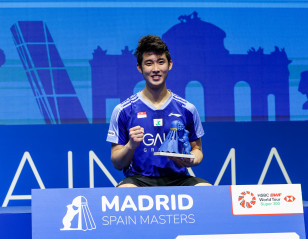
Spain Masters: Loh Wins ‘Inner Battles’, Lands Overdue Title
1 April 2024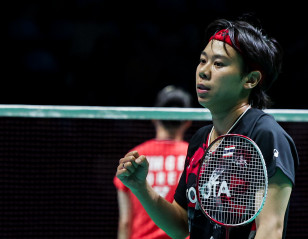
Spain Masters: Katethong Revives Olympic Hopes
31 March 2024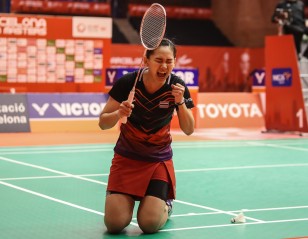
Smashing Stats: Spain Masters 2024
27 March 2024
Where To Watch: Madrid Spain Masters 2024 by IBERDROLA
27 March 2024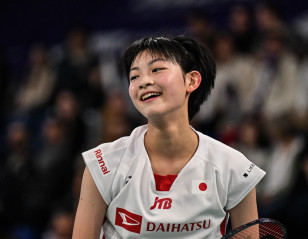
Spain Masters: Attention on Lin Chun-Yi, Miyazaki
26 March 2024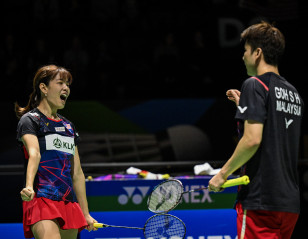
Swiss Open: Success on the Third Try
25 March 2024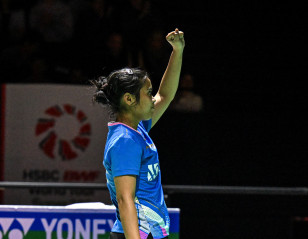
Swiss Open: Tunjung to Face Marin in Final
24 March 2024